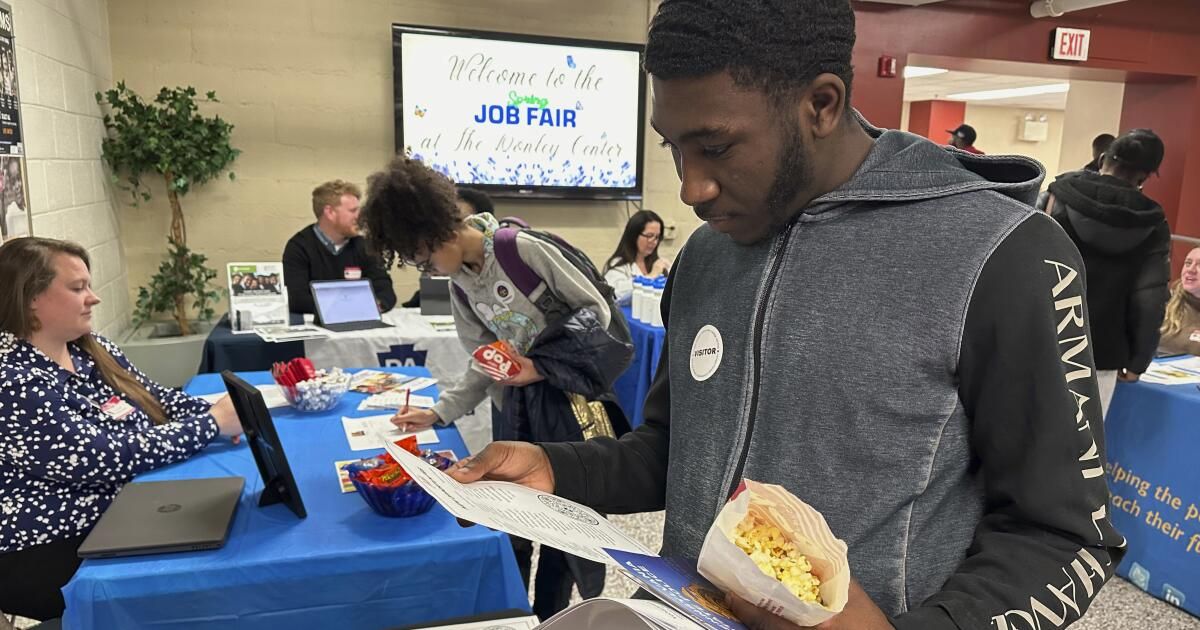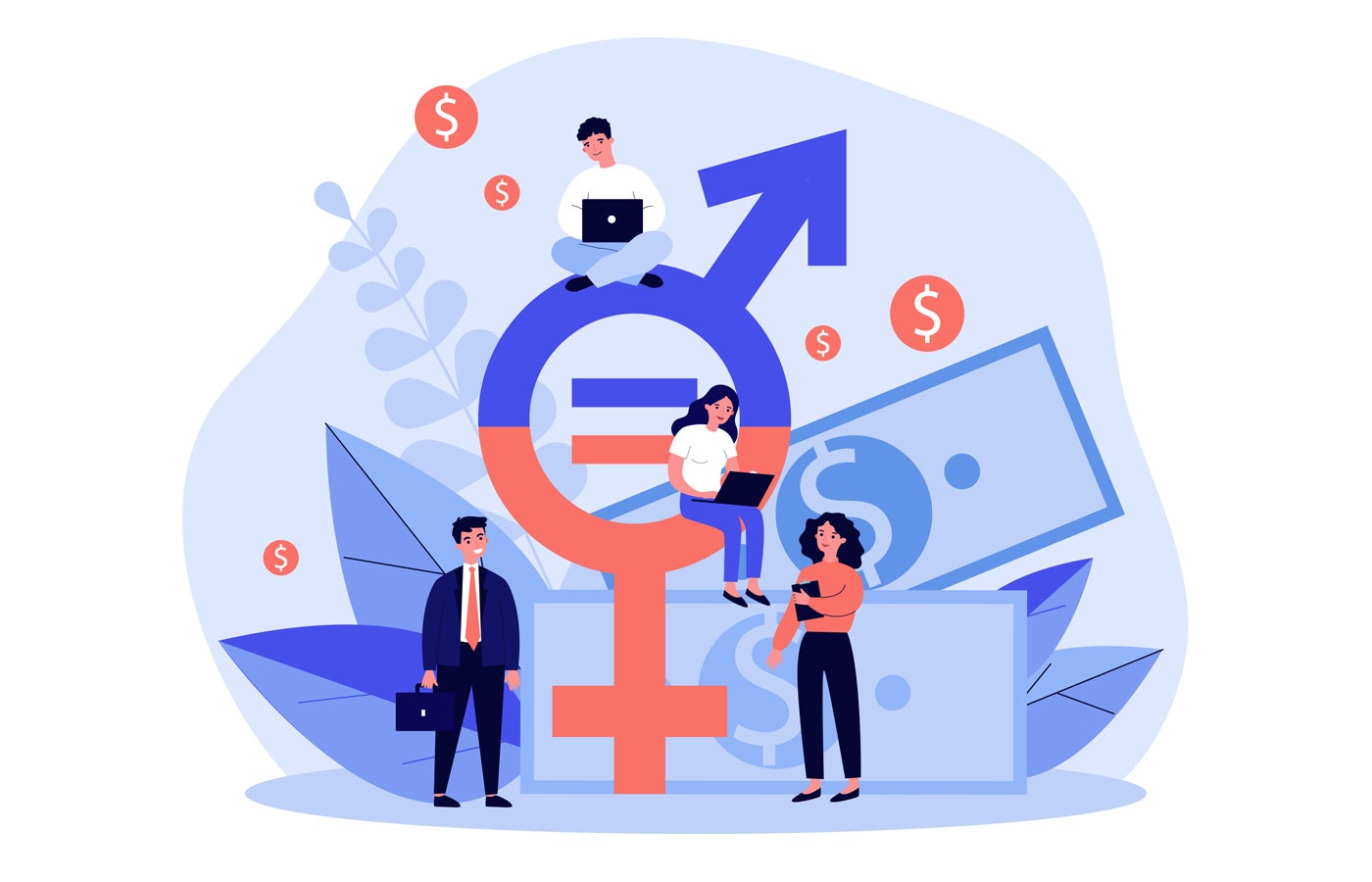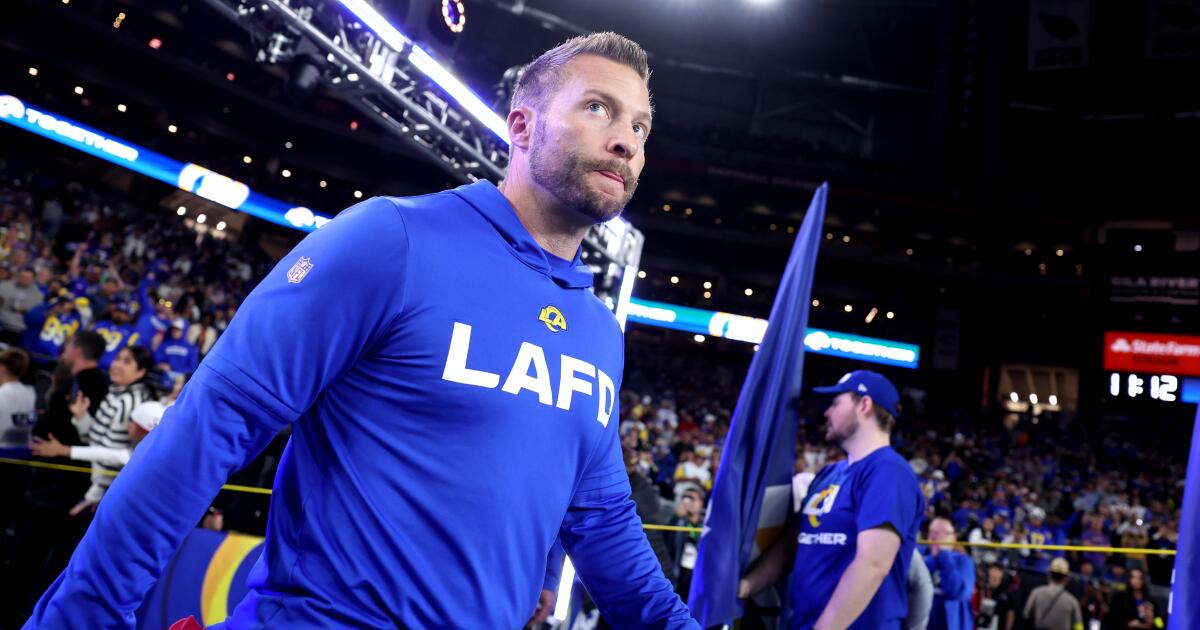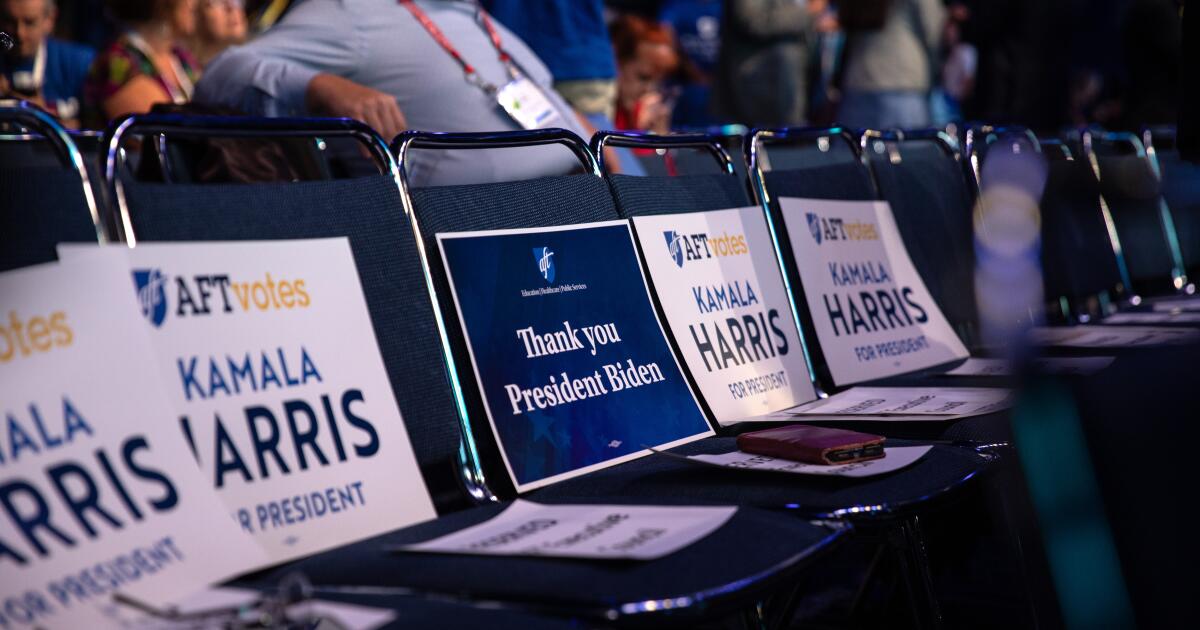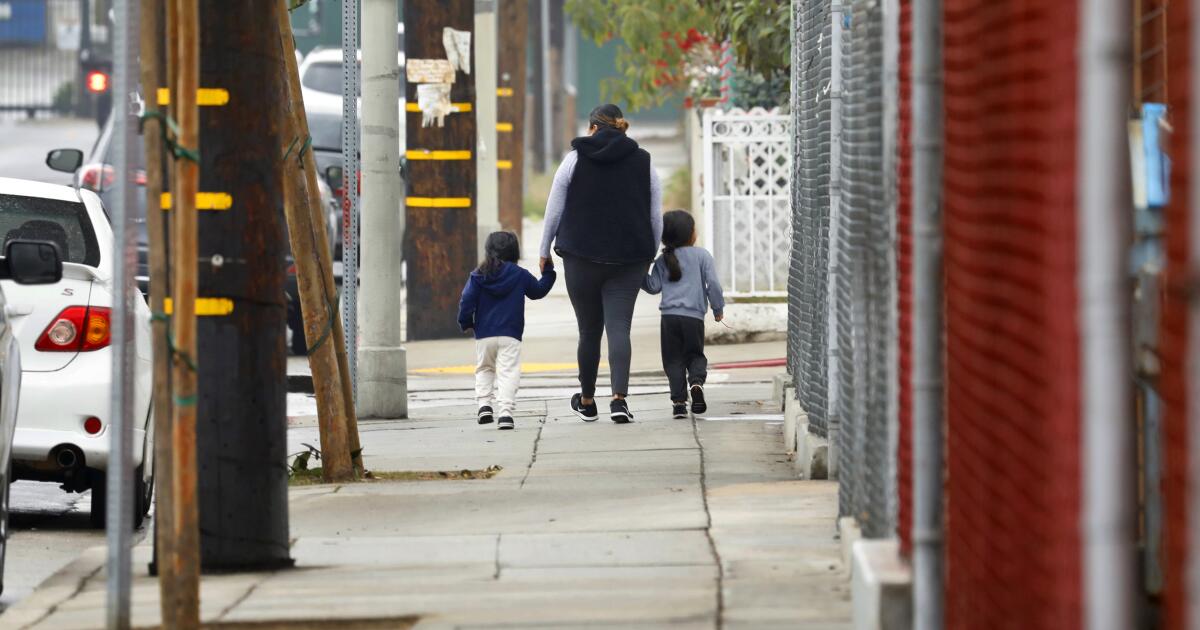Bring your parents to school, take your child to work, take your mother to a job interview.
The latter may seem strange, but it is apparently a growing phenomenon in the workforce. A recent study indicates that up to 25% of Generation Z job seekers have brought a parent with them to a job interview in the past year.
The image may look ridiculous. But there is a clear path that led us here.
opinion columnist
LZ Granderson
LZ Granderson writes about culture, politics, sports, and living life in America.
Let's start with employers who say younger applicants are unprepared. This should not be entirely surprising, given the havoc the pandemic wreaked on the global education system and the lives of young people during their formative years. The ramifications stemming from years of disruption to learning and social development are beginning to appear in the workforce.
Last fall, when I started teaching a college class, it took me weeks to get my students to make eye contact and talk to each other in class, and some of them want a career in communications. I've talked to friends who are also educators and they've seen the same thing.
This is why some young people choose to bring a familiar face into an unfamiliar environment. And in some cases, they will choose the only adults they interacted with in person while we were sheltering in place: their parents. The image doesn't seem so ridiculous when you think about it like that. Due to the applicant's understandable social awkwardness (anxiety, avoiding eye contact), the presence of a parent may provide reassurance. That doesn't mean the youngster can't do the job without mom or dad. It means that job interviews are stressful. It means the full cost of the pandemic is still becoming clear.
What we have been experiencing in this post-pandemic world is a cultural shift in the world of work that is redefining what it means to work. Now society is welcoming into this uncertain world of work young people who didn't have the opportunity to figure out human interaction like everyone else because they spent so much time in isolation and, even worse, on social media.
Sure, taking your dad to a job interview is unusual. But what exactly is it about the last four years that he screams “usual”? We just went through a once-in-a-century pandemic during which children couldn't see their friends and parents couldn't find jobs or toilet paper.
Rarity is not just a distant memory. About a month ago, there was a swath of the country that experienced 100 tornadoes in one week. It's no surprise that Generation Z's number one problem is climate change. However, the weather can't get much attention because even 100 tornadoes aren't the strangest news. We're all pretty distracted by the criminal running for president.
So, again, what has been normal in the times that today's young adults have come of age?
Maybe instead of ridicule (which I've seen many times in response to reports about parents being brought in for interviews) why don't we try a little compassion?
Between 2018 and 2022, the math and reading scores of 15-year-olds fell 15% and 10%, respectively. That most likely means that many of today's high school seniors are still playing catch-up. Not because they have rights or have bad work habits, but because at the age they were supposed to learn to be adults, they were watching the world go to hell.
The narrative that Generation Z is immature is unfair to single out this bloc, but it is not entirely wrong for young people in general throughout history. It is a legal fiction to imagine that adulthood begins for everyone when they turn 18. In reality, the prefrontal cortex (the part of the brain that handles decision making) doesn't fully mature until age 25. Maybe mentoring is needed instead of teasing. Because, in general, there are worse ways to get out of a chaotic childhood than needing a parent to calm you down through some of the first stressful moments.

